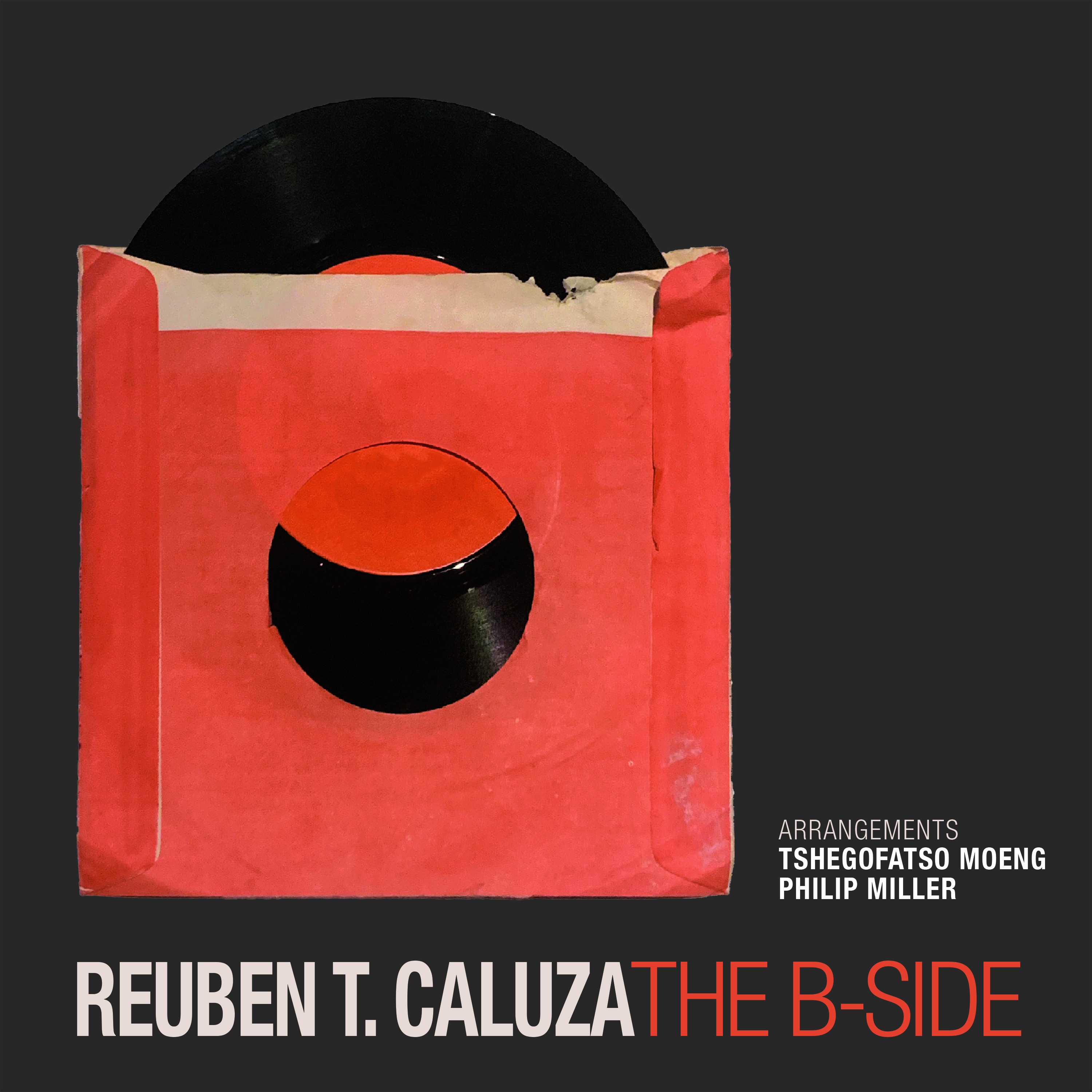Test page
Test page
A demo site
The project aims to create a digital image archive or image-atlas through an iconological comparative analysis of digitally born images. The purpose is to contribute to digital arts and environmental humanities scholarship in the (South) African context by emphasizing the importance of the visual in digital scholarship. The Atlas aims to highlight inequity in environmental politics from the vantage of the African continent and through selected images.
Test site omeka
Learning to use Omeka
The South African Early Black Press emerged in the 1830s, and were a sector of the print media in South Africa targeting the marginalised black, coloured and Indian communities under colonialism and apartheid. Scholars describe it as "the oldest, most extensive (both in terms of the number and variety of publications) collection of [protest-cum-resistance press] in sub-Saharan Africa (Switzer, 1998).
Testing site
History Archive
This project is about preserving and documenting indigenous music as audio, video, pictures, profiles of composers, and sheet music.
Jorge Luis Arrigone is an Argentinian-born South African architect and housing consultant, who worked on programmes for planning, financing, organisation and construction of low-income housing. Arrigone donated his personal research archive to the School of Architecture and Planning on his retirement. It includes material from his first advisory work in Maracaibo, Venezuela, through his training at the Inter-American Housing and Planning Centre (CINVA) to his missions in Africa and South America as a UN Advisor. A further set of files come from his work in South Africa after he settled in Pretoria to work at the National Building Research Institute (NBRI) at the Council for Scientific and Industrial Research (CSIR) in 1975. He subsequently worked at the Development Bank on housing finance.
The project files show the process of executing three experimental housing projects in the late 1970s for Siyabuswa, Pietermaritzburg and in the CSIR yard. The research files include extensive reports and publications on collective housing finance, vernacular housing studies and alternative building technologies.
The collection is not yet inventorised.
Architectural Special Collections
A test site

Reuben T. Caluza – The B-Side is a project that brings the work and legacy of Reuben Caluza (1895–1969) – one of South Africa’s most popular and talented composers from the 1920s and ’30s era – out of the archive and into the present, where his music and messages still have strong relevance. This project aims to restore, celebrate, educate and share his legacy, introducing his music to new audiences and a new generation of musicians and artists through contemporary arrangements and recordings of his songs, music videos, the production of sheet music, live-streamed performances, podcasts, and an online digital exhibition.
An album and sheet music of songs by Reuben T. Caluza arranged by Philip Miller and Tshegofatso Moeng
Album Cover Design by Marcos Martins.
Cross campus physical and digital archival repositories that collect, curate and present materials that document the history and movement of South African Jewish people
The Surendran Reddy Archive is a large digital and analog collection of compositions, writings, and audio-visual material generated by Surendran Reddy (1962-2010). Reddy was a Durban-born composer-performer-writer whose life and work were caught up in the turbulent transition between apartheid and post-apartheid South Africa.
The Rock Art Research Institute (RARI) has a substantial collection of historical documents, photographs, redrawings and slides in addition to its large working collection of slides, tracings and redrawings. Over time, many of the older slides started to change colour and deteriorate in quality, prompting a programme to preserve the historical documents, photographs and slides in RARI's possession and reduce their handling by researchers and visitors.
Preservation was possible by digitising the collections and making them available on a database, thereby reducing physical handling while facilitating access to images and documents. The Ringing Rocks Foundation provided the necessary funding for this project and in January 2002 the Digital Laboratory was named in their honour. The laboratory had the daunting task of digitising all the existing archives at RARI as well as providing a database from which the archives could be accessed and viewed. Moreover, with the specification for the database being agreed upon, RARI hired a London-based company called System Simulation Ltd (SSL) to develop the much-needed software for the database. The Ringing Rocks Digital Laboratory started its digitisation process in August of 2002.
During the course of digitisation, RARI realised that it could use the expertise and equipment it has access to through the Ringing Rocks project to record other important collections, both private and institutional. This vision culminated in the South African Rock Art Digital Archive (SARADA), a resource that includes collections owned by the Analysis of Rock Art of Lesotho (ARAL) project, Iziko Museums of Cape Town, Natal Museum, National Museum (Bloemfontein), University of Cape Town (UCT), the University of South Africa (UNISA), RARI and Janette Deacon (private collection).
The scope of this project was funded by the Andrew W Mellon Foundation.
With the end of the Ringing Rocks project in February of 2005, preparations were under way to start digitising the collections as part of the SARADA project. By August 2005, ARAL was being digitised.
SARADA is registered as a section 21 company not for financial gain, but with the sole purpose of furthering research, education and site management, thereby helping promote the development and reconstruction of Southern Africa's history.
This archive collects and curates digital copies of translations of Shakespeare's plays into African languages. The Sol Plaatje Archive of Shakespeare in African Languages is a project of the Tsikinya-Chaka Centre, University of the Witwatersrand. It is supported by the Shakespeare Society of Southern Africa, the National Institute for the Humanities and Social Sciences (NIHSS) and the Programme for African Digital Humanities (Afridig).
Vanessa Chen